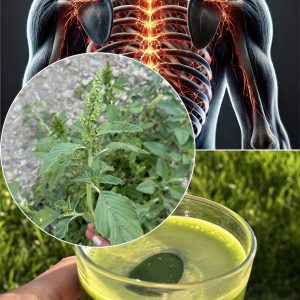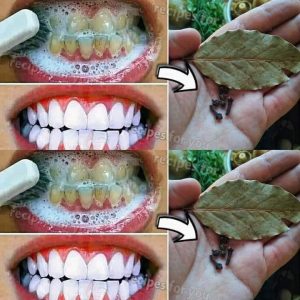Gout can be a challenging condition, but managing your diet plays a crucial role in controlling flare-ups and maintaining your overall well-being. Some foods can trigger painful symptoms, so knowing which ones to avoid can help you lead a more comfortable life. Here’s a guide to the foods that are best left off your plate if you’re managing gout.
High-Purine Foods
Purines are natural substances found in some foods, and when your body breaks them down, it produces uric acid. High levels of uric acid can lead to the development of gout. To keep your uric acid levels low, try to avoid or limit the following:
- Red Meat: Cuts like beef, lamb, and pork can be high in purines. Opting for leaner proteins or plant-based alternatives can be a healthier choice.
- Organ Meats: Foods such as liver, kidneys, and sweetbreads are particularly high in purines and should be avoided.
- Seafood: Certain types of seafood, including anchovies, sardines, mussels, scallops, trout, and tuna, are known to have higher purine levels.
Sugary Foods and Beverages
Sugar may not contain purines, but it can increase the risk of a gout flare-up. Here’s what to watch out for:
- Sodas and Sweetened Beverages: Drinks that contain high-fructose corn syrup can trigger uric acid production. Water and natural fruit juices (in moderation) are better alternatives.
- Candy and Sweets: Limiting sugary treats can also help manage your symptoms.
Alcohol
Alcohol metabolism can interfere with the elimination of uric acid from your body. Here are some tips:
- Beer and Spirits: These are particularly high in purines, so it’s best to avoid them.
- Wine: While wine is lower in purines, moderation is key.
Yeast-Enriched Foods
Foods that are rich in yeast might also exacerbate gout symptoms. This includes some breads, pastries, and other baked goods. Opting for yeast-free or homemade alternatives might be a safer choice.
Embracing a Balanced Diet
While it’s important to know which foods to avoid, it’s equally vital to focus on what you can eat. A diet rich in fruits, vegetables, whole grains, and lean proteins can be beneficial. Drinking plenty of water helps to flush uric acid from your body, and maintaining a healthy lifestyle supports overall health.
Remember, everyone’s body reacts differently, so it might be helpful to keep a food diary to track what works best for you. Making these dietary changes can be a positive step toward managing your gout and enhancing your quality of life. Enjoy your meals, and here’s to your health!





